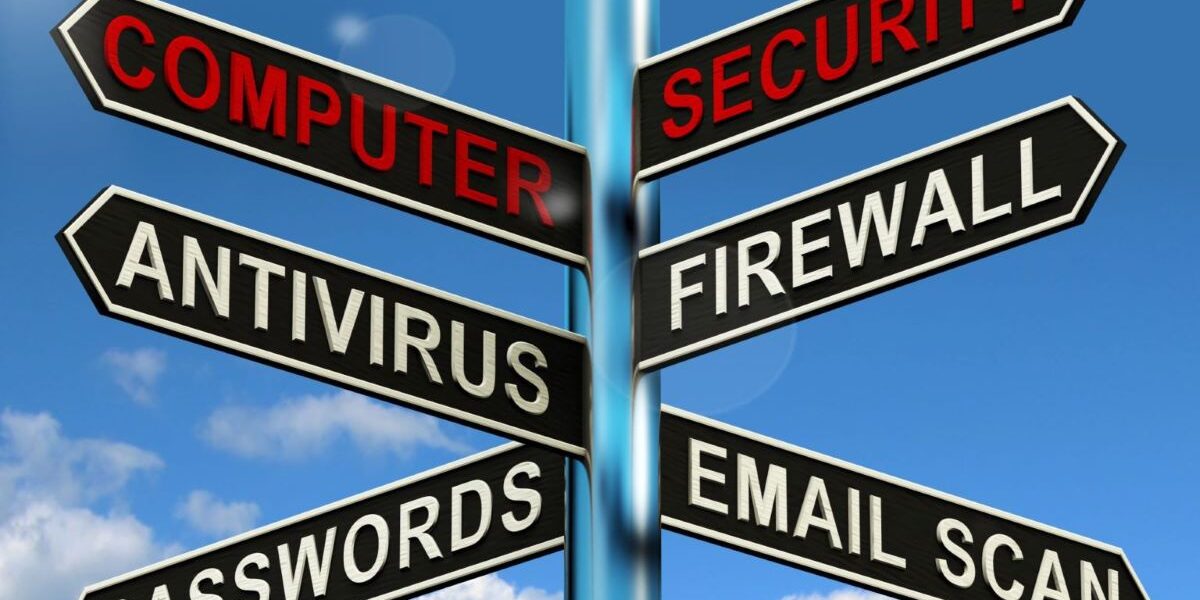Network security should be one of the top priorities of any church IT support team to protect the data of its members and keep its website up and running. Luckily, you don’t need years of technical training in order to keep hackers’ mitts off your data.
- Keep Secure Passwords
Make sure you’re coming up with complex passwords that can’t easily be guessed. You should also store your passwords in a safe and secure location. Password managing applications will store all of your passwords within the application, allowing you to access them all with the use of one master password.
- Use Multi-Factor Authentication
If a hacker manages to steal one of your passwords through a data leak, they can easily break through into your church IT network and wreak all sorts of havoc. By requiring multi-factor authentication in which a second device is required to access the system, you stop the would-be hackers in their tracks and help protect your network.
- Use Anti-Virus Software
Be proactive in protecting against viruses and malware by finding anti-virus software that fits your needs and your budget. Whichever program you choose, make sure you stay on top of software updates so that it runs at its best. You should also train your church IT support team to look out for suspicious emails and downloadable files that carry the warning signs for potentially containing a virus.
- Look Into Cyber Insurance
If you’re concerned about the risk of cyberattacks, then you may want to look into purchasing cyber insurance. This will help cover some of the costs your church will have to pay to recover from a cyberattack, virus, or malware. Because many churches have access to sensitive data about their members, you’ll want to communicate with your insurance company to see what coverage level is best for your church.
- Create a Strategy for Common Issues
Unfortunately, many churches can’t afford to hire experts to handle the day-to-day running of their church IT network. Most will depend on the services of one or two IT experts, as well as church volunteers. In order to keep things consistent and efficient, come up with a strategy for dealing with common issues that can arise. This gives everyone a list of concrete steps to follow to get things back online as quickly as possible.
- Always Be Monitoring
When something goes wrong with your church IT network, it isn’t always readily apparent. There’s nothing more embarrassing than discovering a hole in your network security by means of a cyberattack. By running regular security assessments, your church IT support team can discover issues before they turn into full-blown disasters.
- Keep Security Training and Testing Up to Date
Cybersecurity is constantly changing to keep up with software updates. Make sure that every member of the church IT support team is receiving ongoing security training and testing. This can help them figure out what danger signs to look out for and make your church IT network less vulnerable to a cyberattack.
- Use Data Encryption
Data encryption is a handy little tool that’s built into most laptops and mobile devices nowadays. This feature means that if a thief gets their hands on your smartphone, they can’t access much of the data on it without a password. Make sure that all of your devices that have access to your church IT network have data encryption enabled.
- Stay on Top of Updates
The unfortunate reality is that the more you delay these updates, the less secure your network will be. Stay on top of updates and install them as quickly as possible in order to prevent hackers from taking advantage of holes in your security.
- Back Up Your Data
Computers can break, get spilled on, or even burn in a fire, leaving you with no backup for your data. To offset this potential risk, consider backing up your data in the cloud. There are several different free and paid services that will give you greater security in preventing the loss of data.
This information is courtesy of Cenetric Network Services, a pivotal IT services provider for small and medium-sized businesses, deeply rooted in the Kansas City community and extending their reach across the nation, www.cenetric.com.





